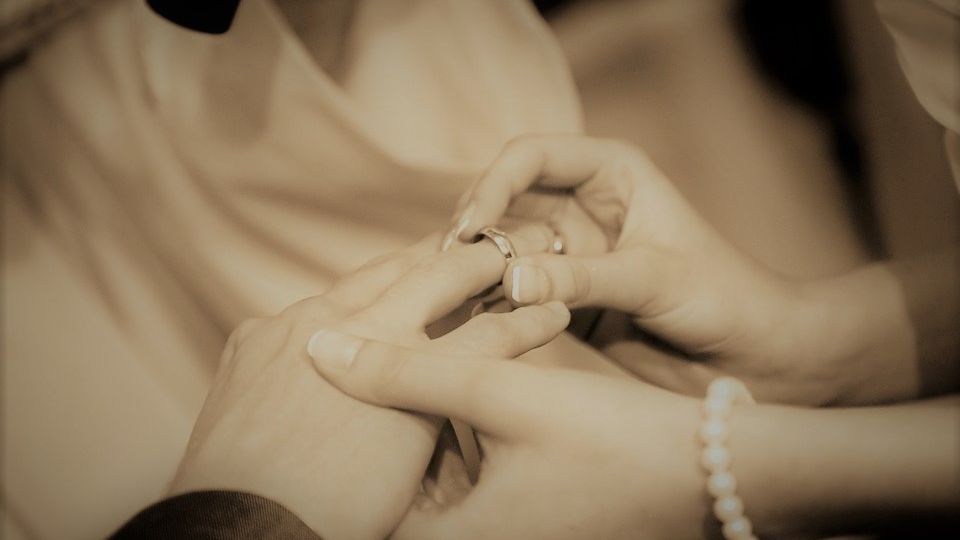
From compiling the guest list to organising the seating plan, we guide you through some of the wedding traditions that you must get right.
Planning your wedding, while undoubtedly exciting, can also be a bit of a minefield at times. Here’s our guide to traditional British wedding etiquette to help you plan your big day with style, tact and minimal drama.
Who Pays?
The question of who pays for the wedding can be a delicate one. Traditional wedding etiquette dictates that the bride’s parents should foot the bill, however these days many couples split the costs between both families or choose to pay for the big day themselves. Whoever is paying for your wedding, be sure you know how much you have to spend before you begin planning.
The Guest List
Compiling the guest list can be one of the most difficult elements of planning a wedding. You need to balance budget and space constraints with the desire not to offend anyone. Generally speaking, if your parents are paying for all or some of the wedding party they should have some say in who gets invited. To avoid tension it’s best to sit down together and plan out the guest list – that way you can resolve any conflicts at the time, instead of waiting to spring the news that Great Aunt Doris didn’t make the cut! The guest list should be compiled of close family and good friends, and you might want to consider having a reserve list in case some of your first choice list can’t make it.
The Invites
Once you have a guest list sorted it’s time to make a start on the invitations. Traditionally, the invitations should include the names of the bride’s parents, the first name of the bride, and first name, surname and title of the groom. However, many couples these days choose a less formal style of wording. Other information the invitations need to contain includes the location and date of the ceremony, location of the reception, timings, dress code, whether children are invited, and RSVP instructions. If you have a gift list this information can also be sent out with the invites.
Invitations should be sent out 8-10 weeks before the wedding, but an increasing number of couples choose to also send ‘save the dates’ in order to give their guests advance notice.
Seating Plan
Compiling the seating plan for your reception can be another wedding headache. It’s tempting to put guests to sit with their friends and family, but a wedding is a great opportunity to mix things up a little and give your guests the opportunity to meet new people. Do be sensitive to any family politics, and if you know of any guests who really don’t get along be sure to sit them far away from each other. Traditionally the bride and groom sit on a ‘top table’ along with their parents, best man, maid of honour and any other guests of honour, such as additional members of the wedding party, or close family members.
Speeches
The speeches are an important part of the day, giving the guests chance to toast the happy couple. Traditionally, speeches are given by the father of the bride, the bridegroom and the best man (in that order), although today’s brides are increasingly choosing to say a few words. While humour is expected (particularly from the best man) those giving the speeches should be aware of their audience and take care to ensure that their jokes will not cause offence.
Words Of Thanks
Last but certainly not least are the ‘thank yous’. An important part of any wedding, these are traditionally delivered by the bridegroom during the speeches and accompanied by presents. Thanks is usually given to the couple’s parents, bridesmaids and anyone else who has made a significant contribution to the day. And don’t forget to thank your guests for attending your special day. After the event, be sure to send thank you cards for all those lovely gifts you’ve received.
Of course, this is all just meant as a guide. It’s your wedding and if you want to buck tradition and do your own thing, there’s no good reason why you shouldn’t – rules are made to be broken after all. As one of the leading wedding venues in the UK you can count on Crondon Park and our team to help you realise your vision, whether you’re a stickler for tradition or a contemporary trailblazer.

